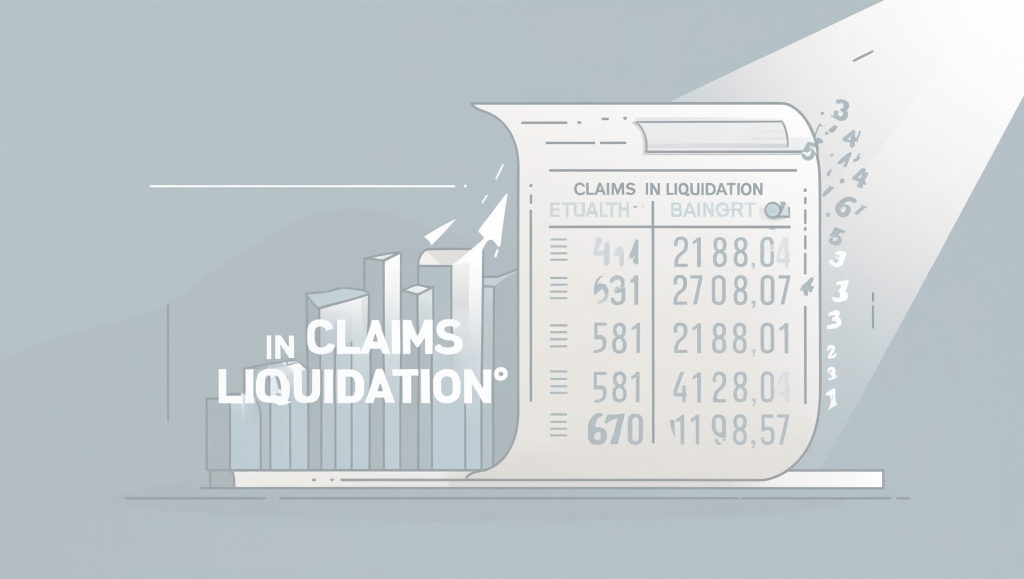Limitations on director’s powers: An overview

The Companies Act 1993 (“the Act”) accords extensive, wide-ranging powers upon the director(s) of a company. Section 128(2) gives the board of directors “all the powers necessary for managing, and for directing and supervising the management of the business and affairs of the company”. However, these powers are subject to a number of limitations within […]
Admissible claims in liquidation: What creditors should know

When a company goes into liquidation, creditors must act quickly – but they can only recover what the law allows. The Companies Act 1993 provides the rules for determining which claims are admissible, offering a broad framework with key exclusions and specific rules for complex debts. What qualifies as an admissible claim? Section 303(1) casts […]
Behind closed doors: Understanding legal privilege in New Zealand

In the world of litigation and legal advice, few doctrines carry as much weight or mystique as legal privilege. It’s the quiet powerhouse of the legal system: a rule that shields communications, safeguards confidentiality, and empowers clients to speak freely with their lawyers. It’s a curious creature, acting as both sword and shield, and while […]
Restoring the Balance: Directors’ Breach Claims and the Augmentation of Company Assets

When directors of a company breach their statutory duties, the consequences can be significant—not only for the directors themselves but also for the creditors of an insolvent company. Recent case law confirms that funds recovered from directors for such breaches are not ring-fenced for specific claimants. Instead, they are considered company assets and are to […]
The wider powers of section 266 of the Companies Act 1993

A liquidator has the duty to take possession of, and to protect the company assets. In the process of discharging this duty, the liquidator may need to request information and documents from parties holding the relevant documents. The liquidator has two avenues under the Companies Act 1993 to request such information. Section 261 The first […]
The broad and inclusive language of section 303 of the Companies Act 1993

When a company is placed into liquidation (or voluntary administration), creditors will have the opportunity to submit claims for debts owing to them by the company. Section 303 of the Companies Act 1993 (the Act) provides (with the exception of fines, monetary penalties, sentences of reparation, orders, and costs to which section 308 applies are not claims that may […]
Reckless trading claims: Who benefits when things go wrong?

If you’re a business owner in New Zealand, you’ll know the importance of careful financial management, especially when times are tough. But if a company becomes insolvent, the question arises: who should benefit from claims against directors found liable for reckless trading? Should these funds flow to secured creditors like banks, or be reserved for […]
Personal receivership: a powerful tool for lenders

Personal receivership: a “powerful tool” of lenders In New Zealand, receivership is one of the formal insolvency processes used alongside liquidation and voluntary administration. When a company struggles with its debt, receivership can be a secured creditor’s solution to recovering funds. However, receivership applies to more than just companies. Lenders can also appoint receivers over […]
Notice of objection not served in response to a Notice to set aside voidable transactions: What now?

One of the routes of recovery available to a liquidator for the benefit of the company’s creditors is through the voidable transaction regime. Normal regime The voidable transaction regime is governed by sections 291A to 296 of the Companies Act 1993 (the Act). The regime allows for a liquidator to claw back money from parties […]
Court of Appeal clarifies insolvency priorities in podular housing systems case: No equitable lien for tiny home purchasers

Introduction In Podular Housing Systems Ltd v Gross (NZCA 528), the New Zealand Court of Appeal has delivered a definitive ruling on the treatment of partially completed tiny homes in an insolvency context. The decision clarifies that purchasers of these unfinished “pods” do not acquire an equitable lien, thereby reinforcing established statutory priorities under the […]
